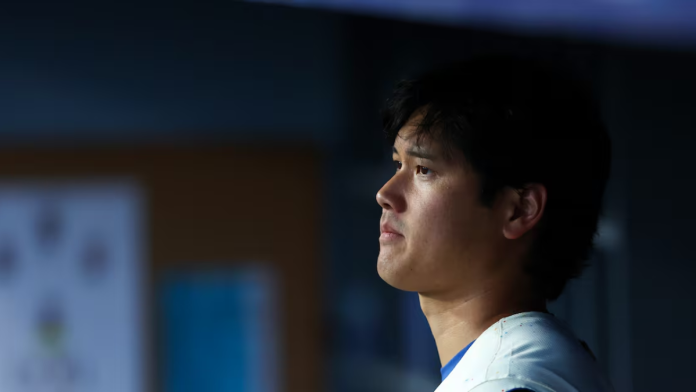Los Angeles Dodgers star Shohei Ohtani and his agent, Nez Balelo, are at the center of a new $240 million lawsuit tied to a luxury housing development in Hawaii. The case, filed on August 8 in Hawaii Circuit Court, claims the pair used their celebrity influence to push two longtime business partners out of a major real estate project on the Hapuna Coast.
Allegations of Power and Pressure
The lawsuit was brought by Kevin J. Hayes Sr., a Hawaii real estate developer with four decades of experience, and Tomoko Matsumoto, a real estate broker. They say they spent more than ten years working to bring the high-end project to life before Ohtani was signed to endorse it in 2023.
According to the complaint, Balelo demanded assurances from Hayes and Matsumoto before urging their business partner, Kingsbarn Realty Capital — a Las Vegas–based company — to remove them from the project. The plaintiffs claim this was done using “threats and baseless legal claims”.
Ohtani’s Plight: Victimhood Amidst Absolute Betrayal
Court documents accuse Ohtani and Balelo of “tortious interference” and “unjust enrichment”. Hayes and Matsumoto allege the two used “celebrity leverage” to dismantle their role in the deal and even attempted to damage another business venture they were involved in.
A Decade in the Making, Now in Dispute
The project, called the Vista at Mauna Kea Resort, is aimed at attracting luxury buyers from the United States and Japan. Hayes and Matsumoto say they had been working on it for over a decade before Ohtani’s name became linked to it.
A 2024 press release announced Ohtani as the first resident of the project. In it, he described Hawaii as “a beautiful blend of Pacific Ocean cultures” and called Mauna Kea Resort his “own paradise”, highlighting its two beaches, golf courses, and scenic beauty. He said he had selected a homesite and was building a winter home there.
The lawsuit claims that soon after his involvement was made public, actions taken by Balelo led to the removal of Hayes and Matsumoto from the deal. They argue that this move violated contracts and erased years of their work.
In the filing, they state, “Defendants used threats and baseless legal claims to force a business partner to betray its contractual obligations and strip Plaintiffs of the very project they conceived and built.” The plaintiffs say this case is about holding everyone — celebrity or not — to the same business standards.
Ohtani’s Career and Public Image
Shohei Ohtani is considered one of the top athletes in baseball today. In his second season with the Dodgers, he has already helped the team secure a World Series championship. The 30-year-old signed a 10-year, $700 million contract with the team and is a five-time All-Star and three-time Most Valuable Player.
Casino Laundering: Money Trail Exposed for Shohei Ohtani Stolen Cash
As of this season, Shohei Ohtani is batting .284 with 42 home runs and 78 runs batted in, keeping the Dodgers at the top of the National League West standings. His popularity in both the U.S. and Japan has made him one of the most sought-after figures for sponsorships and partnerships.
However, the lawsuit offers a stark contrast to his public image. It claims he and his agent acted in a way that harmed the very people who introduced him to the Hawaii project. Hayes and Matsumoto say their aim is to have contracts respected and fairness upheld, no matter who is involved.
The case will now move forward in court, where both sides will present their evidence.
